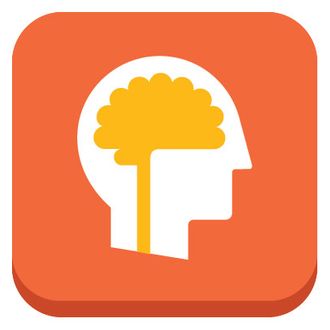
You’ve seen the claims: Play some mental games to improve your memory and cognitive sharpness, a “personal trainer for your brain, improving your performance with the science of neuroplasticity, but in a way that just feels like games.”
Lumosity is one of these “brain training” programs, and yet, according to the Federal Trade Commission, many of those claims aren’t backed up by science. On Tuesday, Lumos Labs — the company behind Lumosity — agreed to settle with the Federal Trade Commission for $2 million for misleading consumers on claims that playing these mental games would help with cognitive performance and prevent mental decline as we age. “Lumosity preyed on consumers’ fears about age-related cognitive decline, suggesting their games could stave off memory loss, dementia, and even Alzheimer’s disease,” Jessica Rich, director of the FTC’s Bureau of Consumer Protection, said in a statement. “But Lumosity simply did not have the science to back up its ads.”
In its ads, the company made claims that “brain training” would help customers “learn faster,” “remember,” and “just not miss stuff.” Programs consisted of 40 games that were meant to flex specific areas of your brain; Lumos Labs suggested that playing these games 10 to 15 minutes three or four times a week would help users get to their “full potential in every aspect of life.” All you had to do to get smarter was sign up for a subscription, ranging from monthly offers that started at $14.95 and a lifetime membership ringing in at $299.95.
Lumosity’s “science” — and that of others in the brain-fitness industry that experts have pegged to be worth around $6 billion in the next few years — has been under attack over the past couple of years, with psychologists calling the programs “absurd.” In October 2014, for example, 75 scientists sent a letter to the brain-training industry condemning their advertising tactics, which preyed on elderly customers who feared their mental health was in decline.
Randall Engel, a psychology professor at the Georgia Institute of Technology, told NPR recently that smarts come from neurotransmitters and the dopamine system, a mass of nerve cells in the middle of your brain. “We’re really talking about a biological system,” he said. “The idea that you can do some little computer game for half an hour a day for 10 days and change that system is ludicrous on the face of it.”




